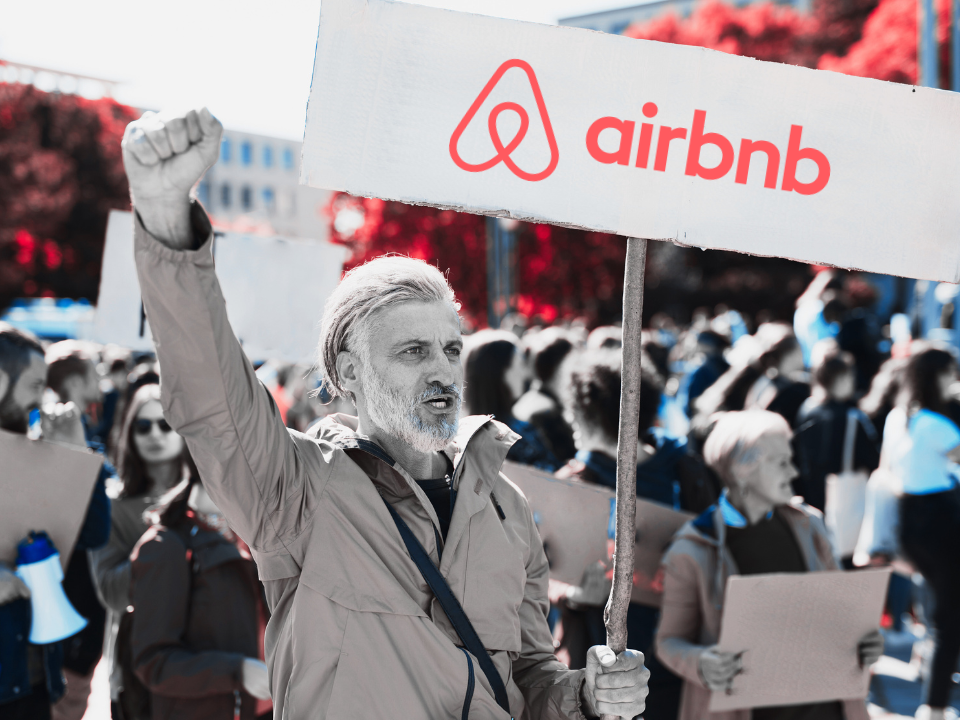- Airbnb hosts nationwide have formed impactful advocacy groups to combat regulations against short-term rentals.
- Financial backing from companies like Expedia Group also empowers hosts in their lobbying efforts.
- Host advocacy impacts legislative outcomes, strategically engaging with lawmakers for favorable regulations.
Host advocacy is reshaping short-term rental regulations through powerful political alliances and financial support, according to WSJ.
Mobilizing Effectively
Individual Airbnb (ABNB) hosts are forming impactful advocacy groups around the country, backed by strong industry support, to lobby against proposed regulations. By actively engaging lawmakers, providing testimonies, and organizing events, hosts are influencing policy changes.
Host groups like Rent Responsibly, for example, are empowering Airbnb hosts nationwide to actively influence legislation affecting short-term rentals. By uniting, hosts have already successfully lobbied against restrictive bills several times, showcasing the sector’s power to sway lawmakers.
Changing Power Dynamics
The rise in short-term rental lobbying comes as the number of U.S. Airbnb hosts continues to skyrocket. Starting from a little over 100,000 hosts at the start of 2015, there were 789,104 Airbnb hosts by February 2024. And that’s just counting Airbnb.
Supported by companies like Expedia (EXPE), host groups are already overturning proposed bills that would have restricted short-term rentals in Vermont and Colorado, and continue to challenge regulations nationwide.
It isn’t just financial support, either. By collaborating with industry stakeholders, hosts can access more resources, hire expert lobbyists, and better position themselves as poised and formidable players in shaping short-term rental policy.
Why It Matters
As the number of hosts grows and their collective voices gain momentum, the balance of power in short-term rental policy debates is shifting, highlighting the significant role of host-driven advocacy in shaping industry regulations.
It seems local and regional governments are also worse at defending against the rise in host lobbying efforts than they may have expected.
















